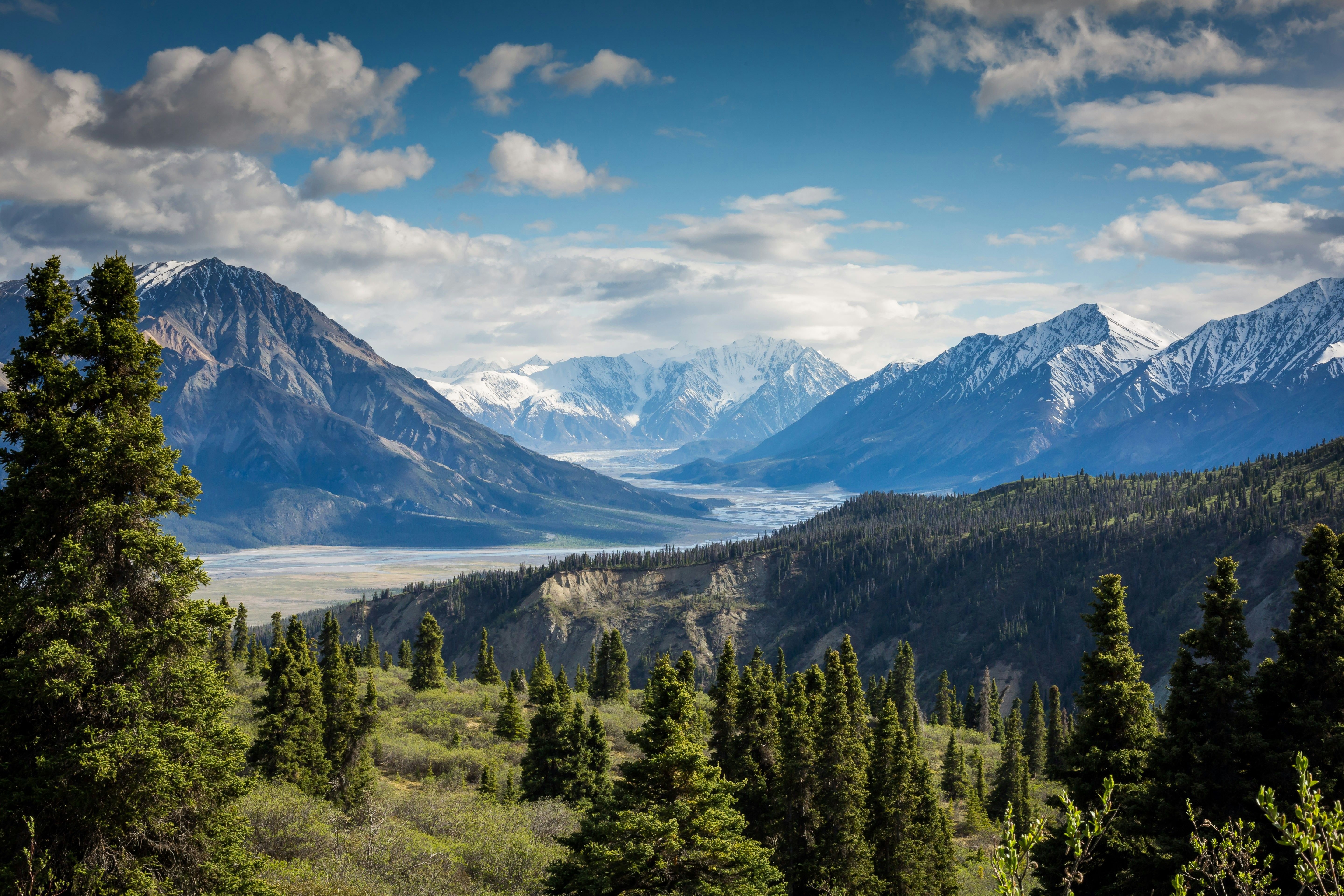Iran under accusation for covert suppression following devastating port explosion
The Explosion at Shahid Rajaee Port: A Story Shrouded in Mystery
The Southern port of Shahid Rajaee witnessed a catastrophic explosion on a fateful Saturday, resulting in a staggering death toll of over 70 individuals and leaving more than 1,000 injured, according to state media. The incident has sent shockwaves throughout the region, with Iranian authorities scrambling to uncover the cause and hold the responsible parties accountable.
Initially attributing the explosion to negligence, Iranian officials have remained tight-lipped about the details, dampening the quest for objective truth. In an eerie twist, the Tehran prosecutor's office has levied charges against various media and social media users for spreading 'false information and lies.'
Amnesty International has taken issue with the Iranian government's response, condemning the crackdown on journalists and calling for an independent investigation into the disaster's origins. In a statement, Amnesty urged the international community to voice their disapproval and pressure Iranian authorities to stop their oppressive tactics against the media.
"Independent monitors must be granted unhindered access to the site, survivors, and witnesses to thoroughly investigate the explosion's cause and identify any culpable parties, including state officials," Amnesty demanded.
The New York Times cited a source connected to Iran's Revolutionary Guards, suggesting that the explosion was in fact caused by sodium perchlorate, a crucial component in solid fuel for missiles. Additionally, the port's customs office speculates that the blast might have originated from an area storing hazardous chemicals.
Interior Minister Eskandar Momeni acknowledged that there were "shortcomings, including noncompliance with safety protocols and negligence." However, the investigation remains ongoing, with many unanswered questions lingering in the air.
Social media users have drawn comparisons between the Shahid Rajaee explosion and the Beirut port blast of August 4, 2020, which tragically claimed more than 220 lives and was attributed to tonnes of ammonium nitrate fertilizer. The US-based Committee to Protect Journalists has gone so far as to accuse Iran of implementing a suppression of press freedom, denying the public crucial information in a time of crisis.
As the investigation moves forward, the world waits with bated breath to uncover the truth behind the Shahid Rajaee port explosion. Only time will tell if Iranian authorities are truly committed to a transparent and objective investigation, or if they seek to hide the truth from the global community.
[1] Shahid Rajaee Port Explosion Investigation: Key Findings and Challenges[2] Footage Shows Destruction after Shahid Rajaee Port Blast[3] Media Blackout Imposed by Iranian Authorities on Shahid Rajaee Port Explosion Details
- Amnesty International is urging the international community to pressure Iranian authorities to allow independent monitors to investigate the cause of the Shahid Rajaee Port explosion, accessing survivors, witnesses, and the site, to identify any shortcomings and the responsible parties, including state officials.
- The Tehran prosecutor's office has charged various media and social media users for spreading false information and lies about the Shahid Rajaee Port explosion, causing a media blackout around the details of the incident.
- The New York Times reported a possible cause of the Shahid Rajaee Port explosion as sodium perchlorate, a crucial component in solid fuel for missiles, citing a source connected to Iran's Revolutionary Guards.
- Comparisons have been drawn between the Shahid Rajaee Port explosion and the Beirut port blast of August 4, 2020, with critics accusing Iran of implementing a suppression of press freedom, denying the public crucial information in a time of crisis, such as the US-based Committee to Protect Journalists.








